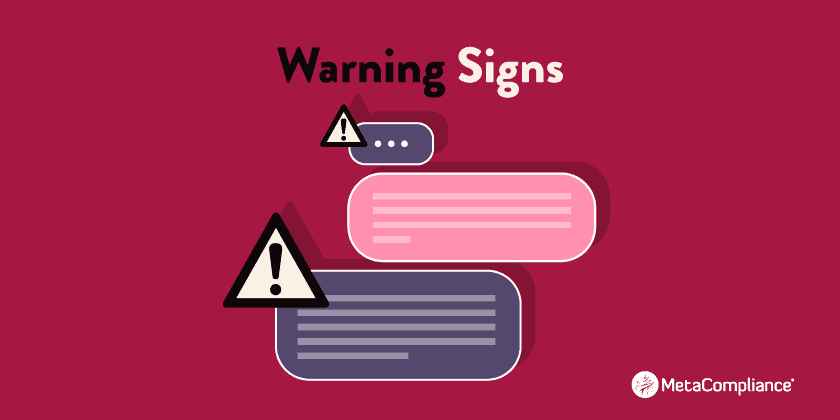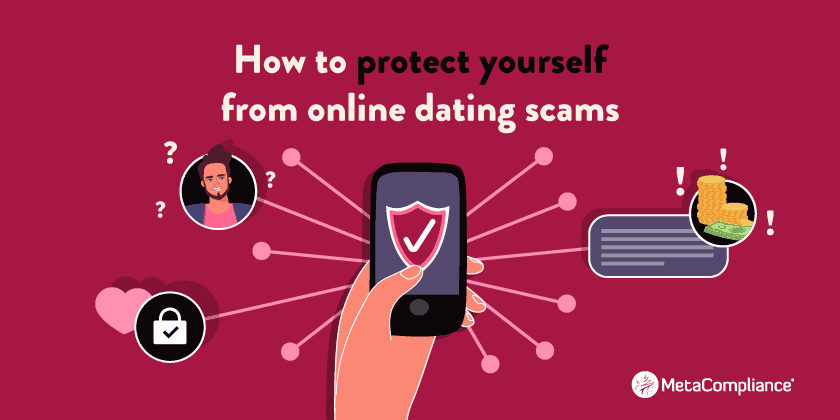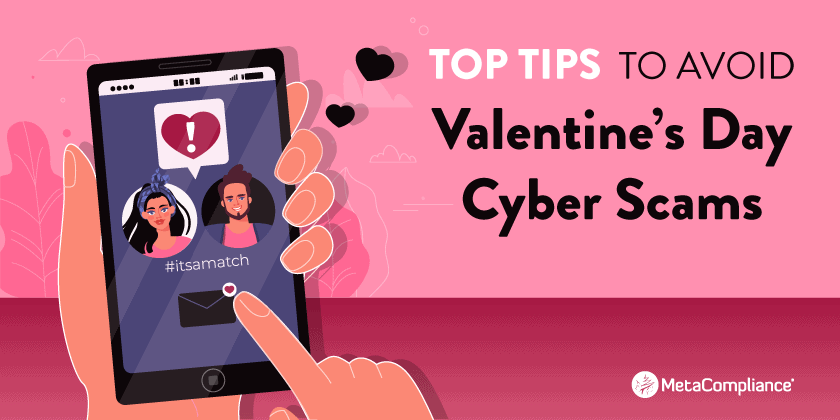With Valentine’s Day fast approaching, many people will turn to online dating in the hope of finding that special someone. While looking for love online can be exciting, it can also lead to heartbreak as fraudsters look to exploit vulnerable people at this time of year.
The online dating scene has changed dramatically over the last decade and as technology has progressed, online dating has become one of the fastest-growing industries with almost 91 million people around the world using dating apps to find love.
Changing demographics and a reduced stigma surrounding online dating has meant that rather than hit a noisy bar or club looking for love, people can download an app, and within the comfort of their own home start searching for their perfect match.
The industry is estimated to be worth over $12 billion globally, and this massive growth market has attracted the attention of fraudsters who are keen to get a slice of the action.
Across all online dating platforms, it’s estimated that 1 in every 10 profiles is a fraudulent user. Crooks will set up these fraudulent accounts with the sole intention of scamming lonely people looking for love.
The scams are often run by organised criminal gangs who are looking to exploit as many people as they can to make a profit. According to the Federal Trade Commission, there were 21,000 victims of online dating fraud last year, who lost a total of $143 million to cybercriminals.
Action Fraud receives more than 350 reports of such scams a month; however, the figures are likely to be well in advance of this but vastly underreported as victims are often too ashamed and embarrassed to admit they’ve been conned in a dating scam.
How do Valentine’s Day scams work?
Valentine’s Day scams will often start on legitimate online dating sites. The fraudster will set up a fake identity using stolen photos, then attempt to build a relationship with you. This process can last weeks, even months, and the conversation will flow so that a connection is formed and a sense of trust is developed.
At some point, the fraudster will try and move the conversation away from the dating platform on to another website or area they control. The ultimate goal is to get you to give them money, click on a link or visit a website that will infect your computer with malware.
Warning signs

Valentine’s Day scams will vary in their approach, but most will have common red flags that should alert you that all is not as it seems.
- Getting personal too fast – You may have just met someone online and after exchanging a few flirty messages back and forth, they start declaring their undying love. They may ask a lot of personal questions, often to get all the details they need to steal your personal identity or determine if they can scam you out of money.
- Avoid questions – Despite all the questions they’ve asked you, when it’s you that’s asking the questions, they avoid giving detailed answers. The details they do give might be vague or at odds with their profile. For example, they might talk about their university education, but their spelling and grammar is poor. Another tactic, especially on Tinder, is the use of automated chatbots to respond to any personal questions. There will never be any great depth to these answers so pay close attention and cut all contact if you suspect you’re being scammed.
- Generic profile – Typically, fraudsters won’t spend a lot of time developing a credible profile. It’s often this lack of attention to detail that will give the game away. Signs to look out for include spelling mistakes, lack of friends or followers, a timeline full of spam, and a general lack of activity. You’ll be able to get a feel quite quickly if a profile has been hastily put together.
- Fake photos – One of the main ways a fraudster will entice a victim to connect is by using the photo of a stunningly good-looking person, often just a stock image of a model. The crooks will prey on your desire to date an attractive partner and hope you won’t question its authenticity.
- Requests for money – Ultimately, this is the main aim of the game. After gaining your trust over a matter of weeks or months, they’ll start telling you about their financial problems in the hope you’ll offer some help. If you don’t send money straight away, their story will become more desperate in the hope of spurring you into action. If you do get duped into handing over cash, you can be sure the requests for money won’t end there. There will be more financial hardships and stories will become more elaborate in nature.
- Refuse to meet in person – After building up such a close bond online, the natural progression is to meet up in person. Obviously, if this were to happen the game would be up so your love interest may promise to meet up, then cancel at the last minute. To avoid this scenario, they may also pretend they’re working in another country and because of financial difficulties are unable to visit. Again, this is just another way to con you out of money.
How to protect yourself from Valentine’s Day dating scams

- Check the person is genuine by looking up their name, profile picture or any other information they have provided you with.
- Do a reverse image search using Tin Eye or Google’s Reverse image search to check if a photo is legitimate. These search engines will show where the photo originated from and where it’s been used. If the photo appears in lots of random places, there’s a good chance you’re dealing with a fraudster.
- Be wary of requests for money. Never send money, credit card details, online account details or any personal documentation to someone you haven’t met in person.
- Be careful how much personal information you share on social media. Fraudsters will often use this info to target you with a scam.
- Take time to study the person’s profile. If there are lots of inconsistencies, poor grammar, spelling mistakes and a lack of any real personal information, you should cut any further contact with this person.
- In addition to providing financial help, a fraudster may ask you to transfer some money on their behalf. There will often be a long-winded story behind this request but it’s just a way to get you to launder money. Money laundering is a criminal offence and you should never agree to transfer money for someone else.
- It’s always advisable to use a separate email address and telephone number for online dating. This will provide extra security and enable you to easily cut contact if you suspect you’re dealing with a fraudster.
- Always use a trusted dating site and communicate using their internal messaging service. Fraudsters will try and lure you off these sites as quickly as possible so there’s no written proof of them ever asking you for money.
- Use your dating site’s enhanced profile privacy features. Some sites only allow paying members to view your profile which reduces the chance of being scammed.
- Be cautious about sharing personal images with an online love interest. Fraudsters may use any compromising material to blackmail you at a later stage.
- Trust your instincts. If you think there’s something not quite right, then immediately sever all contact with the person.
How to report a Valentine’s Day dating scam
If you’ve fallen victim to a Valentine’s Day scam, you should report it to Action Fraud at or call 0300 123 2040.
MetaCompliance specialises in creating the best Cyber Security awareness training available on the market. Get in touch for further information on our extensive range of Cyber Security awareness courses.







